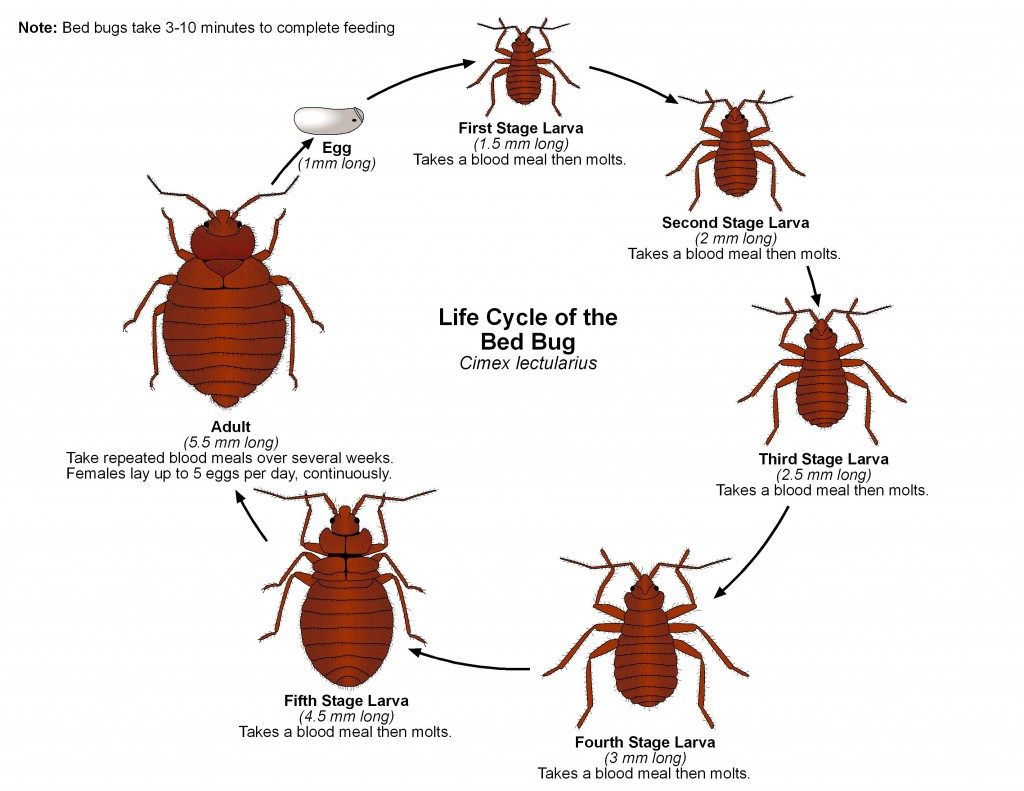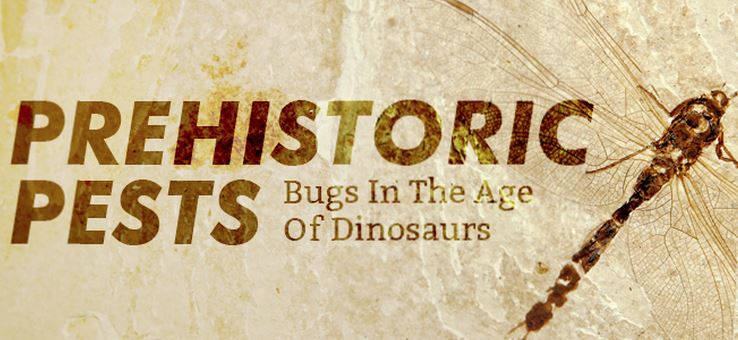Did you Know?
- Rodents account for 40% of all mammal species and are found on all continents except Antarctica.
- A racoon’s dexterous front paws and long fingers can unlace a shoe, unlatch a catch and even pick up a dime from a shirt pocket.
- Ants are capable of carrying objects 50 times their own weight. If humans had that capability, we could carry a small car over our head.
- Cockroaches are estimated to be 350 million years old, making them one of the oldest surviving creatures.
- In 16th century England, pigeon guano (droppings) was the only known source of saltpetre, an essential ingredient of gunpowder and considered to be a highly valued commodity.
- When a wasp dies, it releases a pheromone which acts like a warning signal to other wasps to come to his aid.
Hantavius
People can get hantavirus when they breathe in tiny particles of fresh mouse or rat saliva, urine, droppings or nesting materials that are infected with the virus. For example, you could get hantavirus if you sweep out a garage that has infected mice nesting in it. Sweeping stirs up the tiny particles of the infected droppings, urine or saliva, and makes them float in the air. When you breathe in these tiny infected particles the virus enters your lungs and you could get sick.
Early symptoms of hantavirus pulmonary syndrome are similar to the flu. Symptoms usually appear about two to three weeks after being exposed to the virus. These early symptoms include:
- fever
- muscle aches (especially in large muscles like the thighs, hips, back and shoulders)
- feeling very tired
Some people may also feel dizzy, get headaches and have stomach pain, diarrhea and/or vomiting.
In the later stage of the disease (four to 10 days after the first symptoms start), you may have more serious symptoms:
- difficulty breathing
- shortness of breath
- coughing
The disease can become life-threatening within a few days of early symptoms, so it’s very important to get medical treatment right away. Patients are usually admitted to hospital and given oxygen to help them breathe.
Mice, rats and other animals may also carry Leptospirosis, another serious and potentially fatal bacterial infection.






